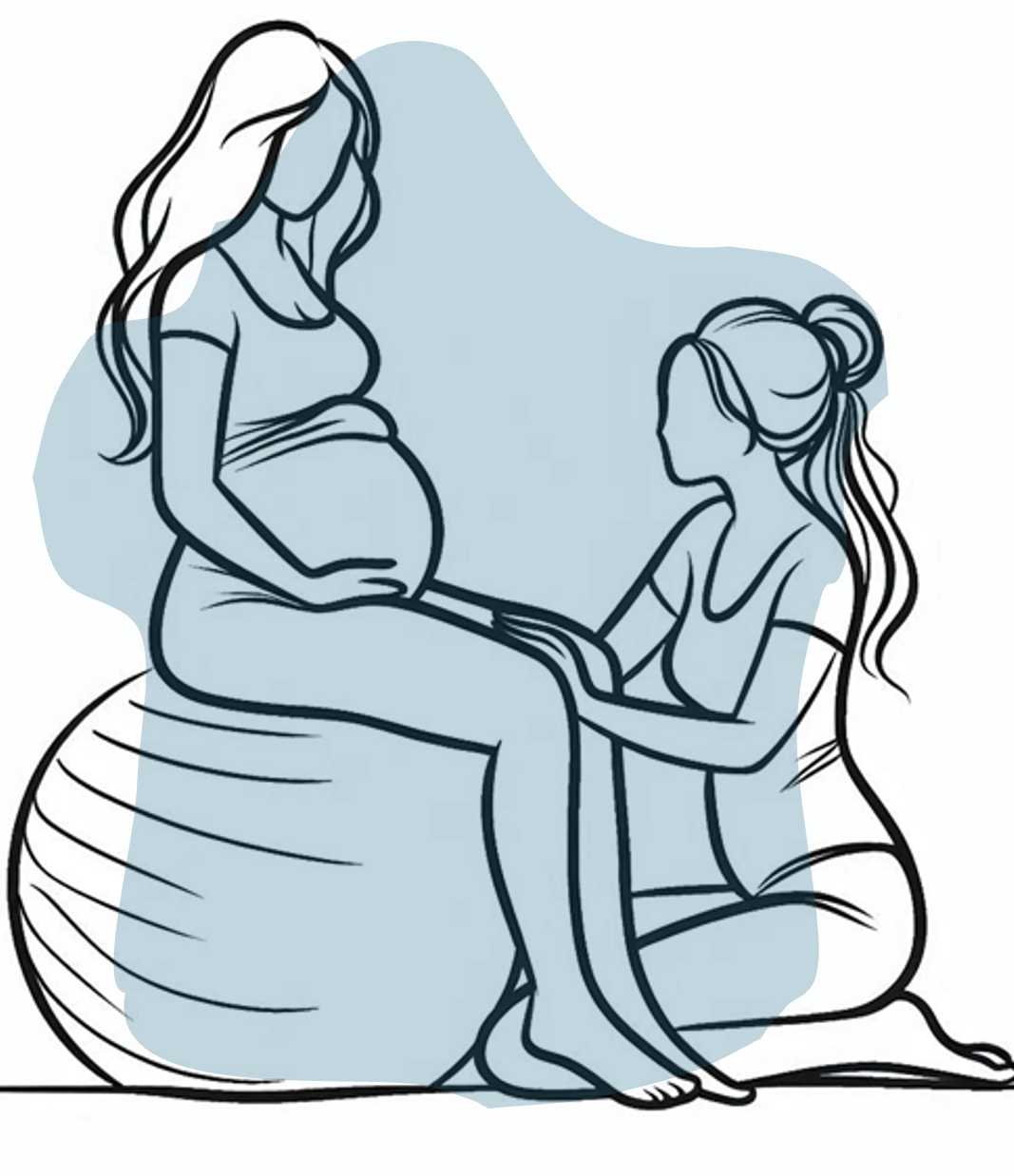Doulas Provide:
Continuous physical and emotional support during labor, including different movements and positions based on baby’s orientation.
Advocacy for the birth mom and explanations of various medical terms
Breastfeeding education and support
Education about labor and childbirth
Support and guidance for partners and family members
Evidence shows that in 27 randomized controlled trials of 15, 858 women,
1Spontaneous vaginal births
Shorter labor
Those with continuous support were more likely to have:
Cesarean birth
Assisted vaginal births (forceps or vacuum)
Negative birth experiences
Low 5 minute Apgar scores
Epidural or labor pain medication
And, they were less likely to have:
Laboring women experienced the most benefits with a doula compared to support from family members or hospital staff
Significantly greater odds of going into labor at term, instead of pre-term
Superior outcomes, including being less likely to have babies of low birth weight or requiring a NICU admission
Significantly lower odds of cesarean delivery compared to women not using a doula
Significantly lower odds of postpartum depression or postpartum anxiety
A study among women with Medicaid who had doula services had:
2
1) Continuous Support for Women During Childbirth: 2017 Cochrane Review Update Key Takeaways, National Library of Medicine: Pub Med Central https://pmc.ncbi.nlm.nih.gov/articles/PMC6491161/#ref-list1
2) Addressing Maternal Health Disparities: Doula Access in Medicaid September 2022, Elevance Health Public Health Policy Institute https://www.elevancehealth.com/content/dam/elevance-health/articles/ppi_assets/54/EH_Doula_R4.pdf





